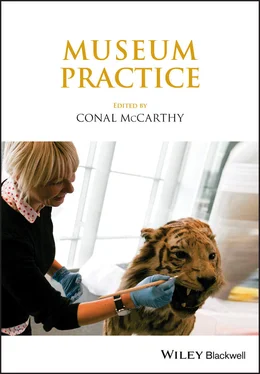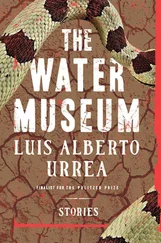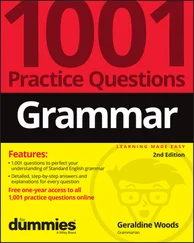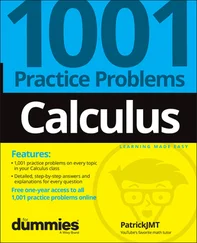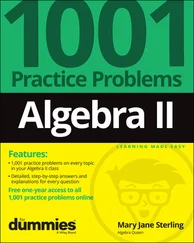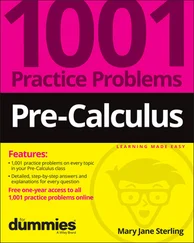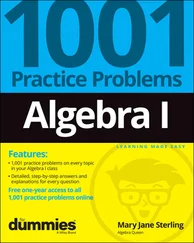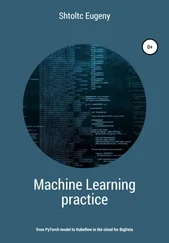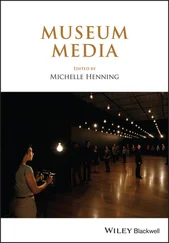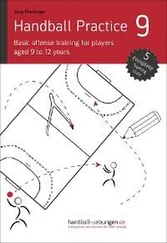Professor Emerita Helen Rees Leahy
Centre for Museology
School of Arts, Languages and Cultures
University of Manchester
Manchester, UK
Ken Arnold,Wellcome Collection, London, UK
Rosmarie Beier-de Haan,German Historical Museum, Berlin, Germany
Piotr Bienkowski,independent consultant, and Co-Director, International Umm al-Biyara Project, Petra, Jordan
Graham Black,Nottingham Trent University, UK
Malcolm Chapman,University of Glasgow, UK
Derrick Chong,Royal Holloway, University of London, UK
Elizabeth Crooke,University of Ulster, Northern Ireland, UK
Lee Davidson,Victoria University of Wellington, New Zealand
Stuart Davies,Stuart Davies Associates, UK
David K. Dean,Texas Tech University, USA
Gail Lord,Co-President, Lord Cultural Resources Inc., Canada
Jocelyn Dodd,University of Leicester, UK
David Fleming,National Museums Liverpool, UK
James B. Gardner,US National Archives, Washington, DC, USA
Rina Gerson (née Zigler),Canada
Kerry Jimson,Victoria University of Wellington, New Zealand
Ceri Jones,University of Leicester, UK
Barry Lord,Co-President, Lord Cultural Resources Inc., Canada
Janet Marstine,University of Leicester, UK
Nick Merriman,Manchester Museum, UK
Eithne Nightingale,independent consultant, writer, and researcher, UK
Halona Norton-Westbrook,Toledo Museum of Art, Ohio, USA
Gillian Oliver,Victoria University of Wellington, New Zealand
Michael Pickering,National Museum of Australia, Canberra, Australia
John Reeve,University of London, UK
Carol A. Scott,Director, Carol Scott Associates, UK
Sara Selwood,independent cultural analyst and consultant, UK
Anthony Alan Shelton,Museum of Anthropology at the University of British Columbia, Vancouver, Canada
Ted Silberberg,Senior Principal, Lord Cultural Resources Inc., Canada
John E. Simmons,Museologica, USA
Dan Spock,Minnesota History Center, USA
Dean Sully,University College London, UK
Shannon Wellington,Victoria University of Wellington, New Zealand
Anne Whitelaw,Concordia University, Montreal, Canada
Vicky Woollard,consultant and researcher, UK
Linda Young,Deakin University, Melbourne, Australia
Ahakoa he iti te matakahi, ka pakaru i a ia te tōtara
[Although the wedge is small, it fells the great tōtara tree]
(Māori proverb)
A book of this size and complexity is the work of many hands, and I would like to acknowledge everyone who helped me complete it.
Thanks to the general editors, Helen Rees Leahy and Sharon Macdonald, for the opportunity to tackle the topic, the support to compile the contents, and the encouragement to get it completed.
Thanks to all the contributors who have made this volume possible by writing these diverse and accessible chapters on the contemporary museum at work – your labour, patience, and commitment have made a persuasive case for current museum practice.
In particular I would like to thank Gill Whitley, the Project Editor, for her many efforts large and small, which made it all happen.
Lastly, thanks to my partner Bronwyn Labrum for waiting for me to finish the project. Now we can get on to our book!
Conal McCarthy
January 2015
EDITORS’ PREFACE TO MUSEUM PRACTICE AND THE INTERNATIONAL HANDBOOKS IN MUSEUM STUDIES
Museum Practice
As general editors of The International Handbooks in Museum Studies , we – Sharon Macdonald and Helen Rees Leahy – are delighted that Museum Practice is now appearing in paperback, as a self-standing volume. So too are the other volumes, which is testament to the strength of these volumes individually, as well as collectively, and to the importance of the issues that they each address. Museum Practice clearly concerns a fundamental area of museum studies – without such practice, there would be no museums. Nevertheless, there has not yet developed an established consensus on precisely what might be covered under the label ‘museum practice’, and, in particular, more extensive and theorised accounts and analyses of practice – going beyond ‘how to’ guides – are still far from numerous. One reason for this is the relative recency of museum studies as a field. A second reason is that museum studies draws on a wide range of disciplines, each themselves renewing their toolkits in various ways, resulting in new impulses for thinking about museum practice – so challenging the formation of a fixed canon. In addition, and perhaps of most significance, is the fact of changing museum practice in response to wider challenges and opportunities, be they in relation to issues of funding, communities or new media possibilities, to name but a few. This results in the need to think afresh about practice – to take a critical perspective on how things are done, as well as to take inspiration from the most intriguing and promising instances of practice in order to develop new modes of working.
In light of the considerable change underway, the editor of Museum Practice , Conal McCarthy, in consultation with us as general editors, faced a task of how to achieve a volume that would cover topics that have become central to consideration of museum practice, while also being sure to include as much as possible of the new directions and ideas that have been emerging in recent years. That this was achieved so well is evident from the resulting volume. The range of topics included and the ways in which they are tackled, provide a sound and also cutting- edge coverage of museum practice.
The International Handbooks in Museum Studies
Collectively, The International Handbooks in Museum Studies include over a hundred original, state-of-the-art chapters on museums and museum studies. As such, they are the most comprehensive review to date of the lively and expanding field of museum studies. Written by a wide range of scholars and practitioners – newer voices as well as those already widely esteemed – The International Handbooks provide not only extensive coverage of key topics and debates in the museum field, but also make a productive contribution to emerging debates and areas, as well as to suggest how museum studies – and museums – might develop in the future.
The number of excellent contributors able and willing to write on museum topics is itself testimony to the state of the field, as was recognition by the publishers that the field warranted such a substantial work. Bringing together such a range and quantity of new writing about museums was accomplished through the deep knowledge, extensive networks, and sheer labour of the volume editors – Andrea Witcomb and Kylie Message, Museum Theory ; Conal McCarthy, Museum Practice ; Michelle Henning, Museum Media ; and Annie E. Coombes and Ruth B. Phillips, Museum Transformations . All enthusiastically took up the mandate to go out and recruit those they thought would be best able to write useful and timely essays on what they defined as the most important topics within their area of remit. Their brief was to look widely for potential contributors, including unfamiliar, as well as familiar, names. We – and they – were especially interested in perspectives from people whose voices have not always been heard within the international museum studies conversation thus far. This breadth is also a feature of the expanded and expanding field itself, as we explain further below.
Читать дальше
